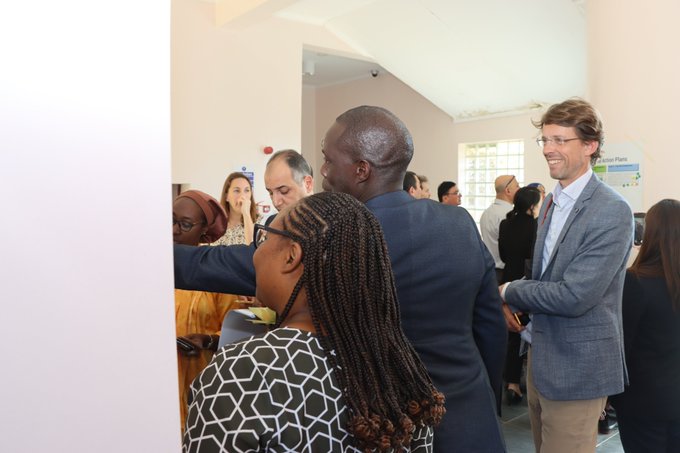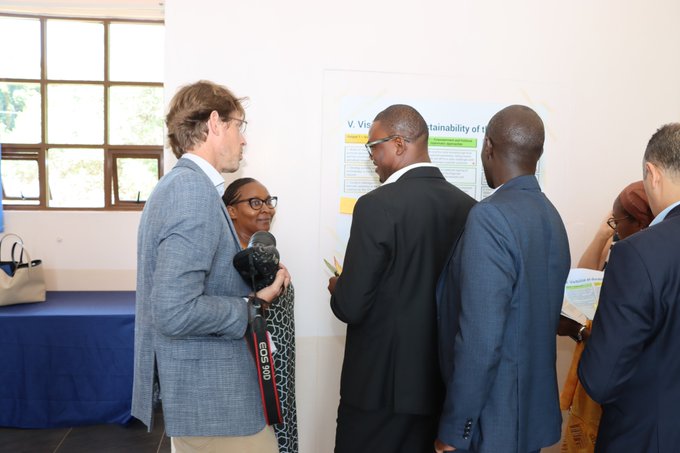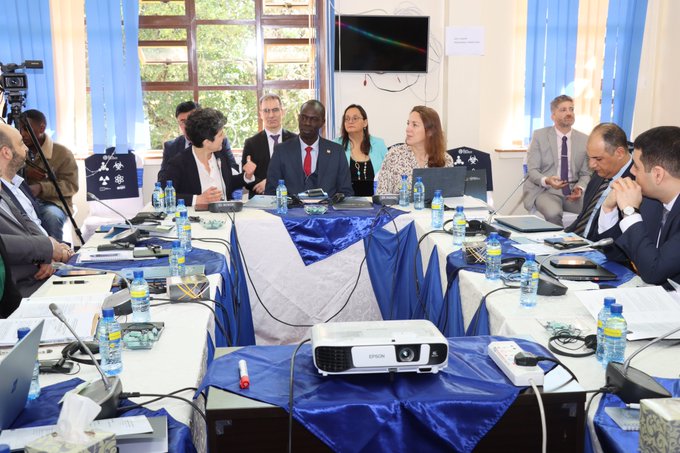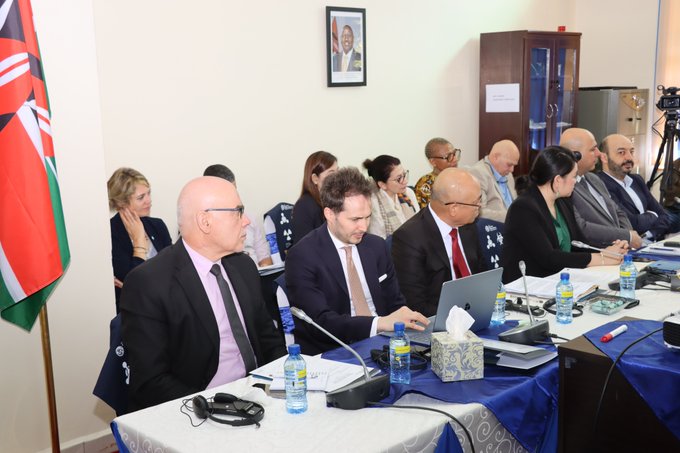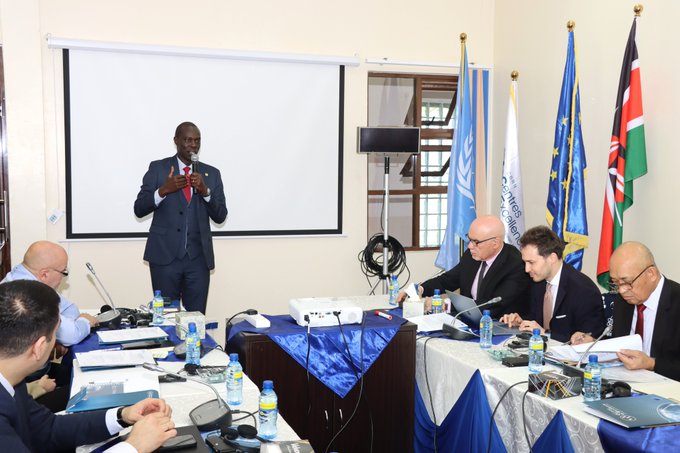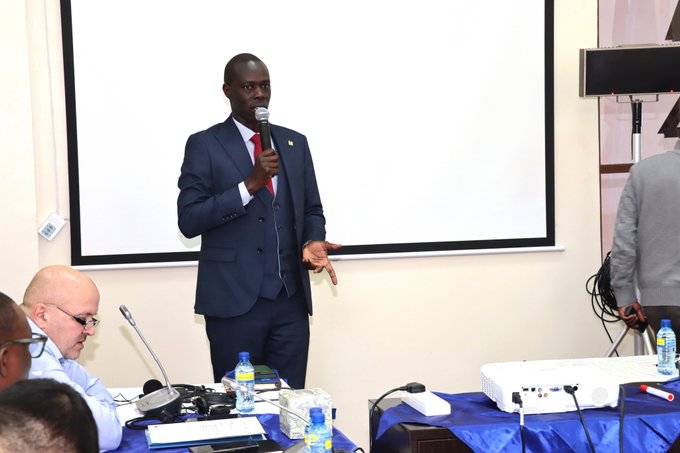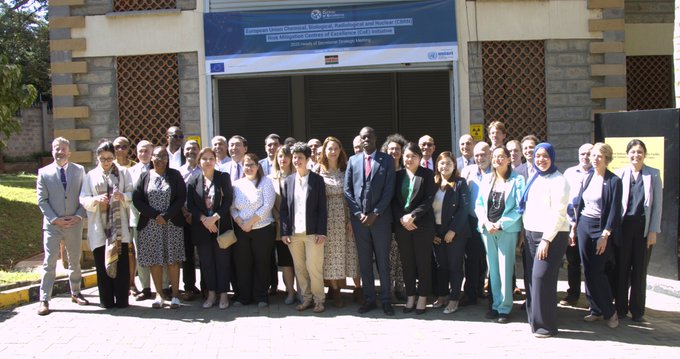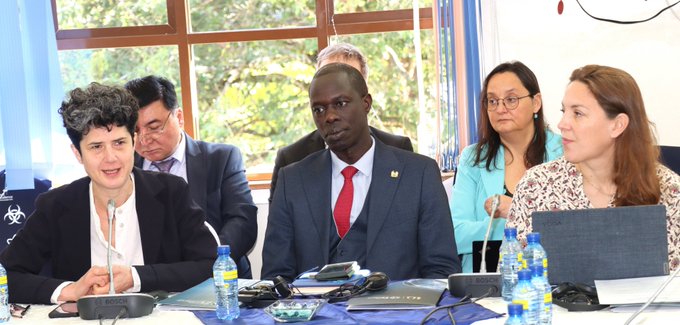NAIROBI, Kenya — The fight against terrorism and organized crime just got more urgent.
With illicit trafficking of radiological and nuclear materials becoming a growing concern, security experts from at least 20 countries are calling for stronger legal frameworks and cross-border cooperation to stop criminals in their tracks.
At a regional security forum in Kenya, officials discussed the dangers posed by porous borders and evolving technology, both of which make it easier for hazardous materials to slip through unnoticed.
A Cross-Border Battle Needs Cross-Border Solutions
The Kenya Nuclear Regulatory Authority (KNRA), which hosted the event, made one thing clear: No single country can win this battle alone.
KNRA Director General James Keter stressed the importance of regional partnerships and international best practices in countering these threats.
Addressing a meeting of heads of secretariats of the European Union-led Chemical, Biological, Radiological and Nuclear (EU-CBRN) Centers of Excellence, @knrakenya DG @chumba_james called for continuous vigilance and collaboration to protect people, property and the environment.
“We must expand our focus beyond national borders and bolster security measures for handling hazardous materials,” Keter said during the meeting at KNRA’s Central Radioactive Waste Management facility in Oloolua, Kajiado County.
Kenya plays a key role in regional security efforts, hosting the EU-funded Chemical, Biological, Radiological, and Nuclear (EU-CBRN) Centre of Excellence for Eastern and Central Africa, a 12-member initiative focused on strengthening biosafety and biosecurity across the region.
While international donors have long supported security efforts, there’s a shift happening—funding is drying up, and countries are being urged to diversify their financial strategies.
Marian De Bruijn, a Programme Manager at the United Nations Interregional Crime and Justice Research Institute (UNICRI), believes the private sector must step in.
“One of the most sustainable ways to keep security initiatives alive is through private-sector partnerships. We must realign our agenda and explore new opportunities for collaboration,” she said.
Kenya is stepping up efforts to combat security threats like terrorism and organized crime by working closely with international partners to enhance preventive and response strategies.
With the EU-CBRN programme marking its 15th anniversary, leaders are being pushed to double down on security reforms and ensure the programme’s impact lasts well into the future.
Kenya’s Role in Africa’s Security Landscape
Kenya is home to one of three EU-CBRN Centres of Excellence in Africa, alongside Algeria (North Africa and Sahel) and Morocco (African Atlantic Façade).
These centres coordinate efforts across 28 partner countries, ensuring security threats are tackled before they spiral out of control.
As new threats emerge, one thing is certain: governments need to act fast, modernize laws, and invest in regional security efforts—or risk letting criminal networks gain the upper hand.



